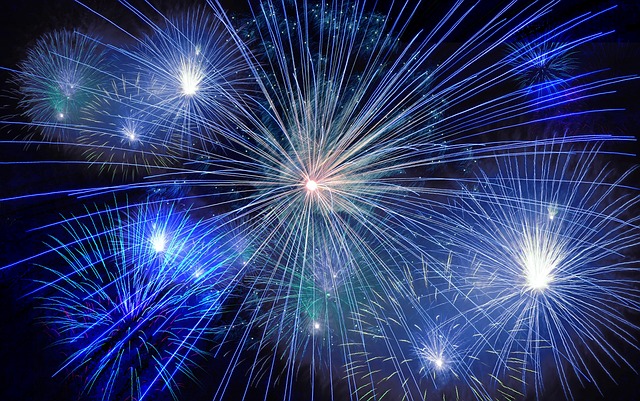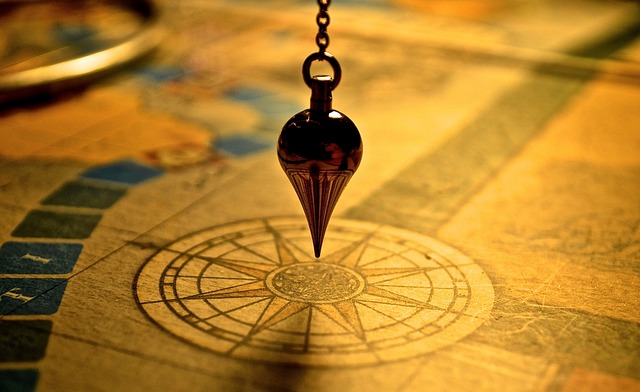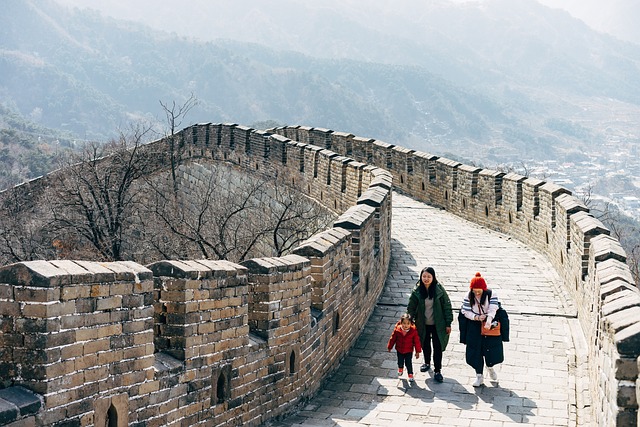Lunar New Year signifies a fresh start according to the lunisolar calendar prevalent in Chinese culture, and is an occasion for family reunions. Akin to the well-known Chinese New Year or Spring Festival, it is also celebrated as Seollal in South Korea, Tet in Vietnam, and in other countries like Singapore, Indonesia, Malaysia that have significant Chinese communities.
The date of the Lunar New Year varies annually, always occurring between February 10 and February 24. The traditional Chinese festivities extend over 16 days, culminating in the Lantern Festival. In 2024, the auspicious occasion will begin on Saturday, February 10th, marking the commencement of the Dragon's year.
Origins of the Lunar New Year
The history of the Lunar New Year spans roughly 3,500 years. Edge-of-the-seat myths such as the tale of the beast Nian's repulse, using cacophony, flames, and the color red, continue to influence today's celebrations.
Zodiac Animals of the Lunar New Year
The Lunar calendar assigns an animal to each year in a 12-year cycle, including the Rat, Ox, Tiger, Rabbit, Dragon, Snake, Horse, Goat, Monkey, Rooster, Dog, and Pig. The upcoming Lunar New Year ushers in the Dragon's reign, an emblem of power and luck. Although most countries follow the Chinese zodiac, Vietnam replaces the Ox with the Buffalo and the Rabbit with the Cat, while Thailand celebrates with the mythical Naga in place of the Dragon.
Customs and Traditions of the Lunar New Year
From the 'Little Year', preparations begin with New Year purchases, house cleaning, and decor with lanterns and paintings. Pre-festivity practices revolve around the theme of bidding adieu to the old and embracing the new. Key activities before the Lunar New Year include New Year market shopping, paying homage to the Kitchen God, and house cleaning - symbols of welcoming propitiousness.
Lunar New Year's Eve Celebrations
The eve of the Lunar New Year is paramount, filled with customs. Homes are adorned in red to fend off the mythical Nian, ancestors are honored, a reunion feast is savored, red envelopes (hongbao) containing money are exchanged, symbolizing good wishes, and families stay up late - a gesture believed to prolong the lives of one's parents.
First Days of the Lunar New Year
New beginnings are greeted with fireworks and firecrackers at midnight. Visiting relatives and friends, gifting red envelopes, and enjoying dragon and lion dances are common practices. Washing hair and sweeping are avoided, to not dispel luck. Several taboos, like referencing death or the number four, are carefully sidestepped.
Lantern Festival Finale
The Lantern Festival on the fifteenth day marks the end of the celebrations. Activities include savoring tangyuan, admiring lanterns, and solving riddles.
Global Lunar New Year Festivities
Countries across East Asia like China, South Korea, Vietnam, Singapore, Malaysia, and Indonesia each celebrate in congruence with their unique cultural heritage while upholding the shared festival principles. Whether it's indulging in tteokguk and jeon in South Korea, Tet's myriad of traditional Vietnamese dishes, or joining the vivacious displays in Thailand's Chinatowns, the Lunar New Year remains a beacon of cultural richness and joy.



